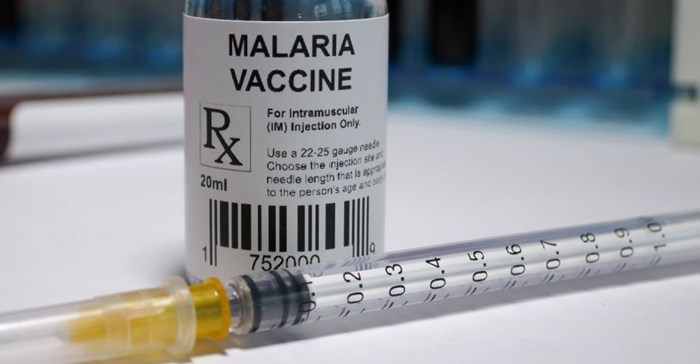Kenya introduces anti-malaria vaccine
Kenya has introduced a malaria vaccine to children from six months of age in selected areas of the country in a phased pilot introduction. It is the first and only vaccine to significantly reduce malaria in children.

The disease is a leading killer of children younger than five years in Kenya, claiming the life of one child every two minutes.
“Africa has witnessed a recent surge in the number of malaria cases and deaths. This threatens the gains in the fight against malaria made in the past two decades,” said Dr Matshidiso Moeti, World Health Organisation (WHO) regional director for Africa. “The ongoing pilots will provide the key information and data to inform a WHO policy on the broader use of the vaccine in sub-Saharan Africa. If introduced widely, the vaccine has the potential to save tens of thousands of lives.”
Thirty years in the making, the vaccine is a complementary malaria control tool – to be added to the core package of WHO-recommended measures for malaria prevention, including the routine use of insecticide-treated bed nets, indoor spraying with insecticides and timely access to malaria testing and treatment.
“Vaccines are powerful tools that effectively reach and better protect the health of children who may not have immediate access to the doctors, nurses and health facilities they need to save them when severe illness comes. This is a day to celebrate as we begin to learn more about what this vaccine can do to change the trajectory of malaria though childhood vaccination," says WHO Representative to Kenya. Dr Rudi Eggers.
Malaria vaccine implementation in Kenya
The Ministry of Health, through the National Vaccines and Immunisation Programme, is leading the phased vaccine introduction in areas of high malaria transmission, where the vaccine can have the greatest impact.
The aim is to vaccinate about 120,000 children per year in Kenya across the selected introduction areas, including Homa Bay, Kisumu, Migori, Siaya, Busia, Bungoma, Vihiga and Kakamega counties. Within the eight counties, some sub-counties will introduce the vaccine into immunisation schedules while others are expected to introduce the vaccine later.
The vaccine pilot programme
The WHO-coordinated pilot programme is a collaboration with the ministries of health in Ghana, Kenya and Malawi and a range of in-country and international partners, including PATH, a non-profit organization, and GSK, the vaccine developer and manufacturer, which is donating up to 10-million vaccine doses for this pilot.
Financing for the pilot programme has been mobilised through an unprecedented collaboration among three key global health funding bodies: Gavi, the Vaccine Alliance; the Global Fund to Fight AIDS, Tuberculosis and Malaria; and Unitaid.